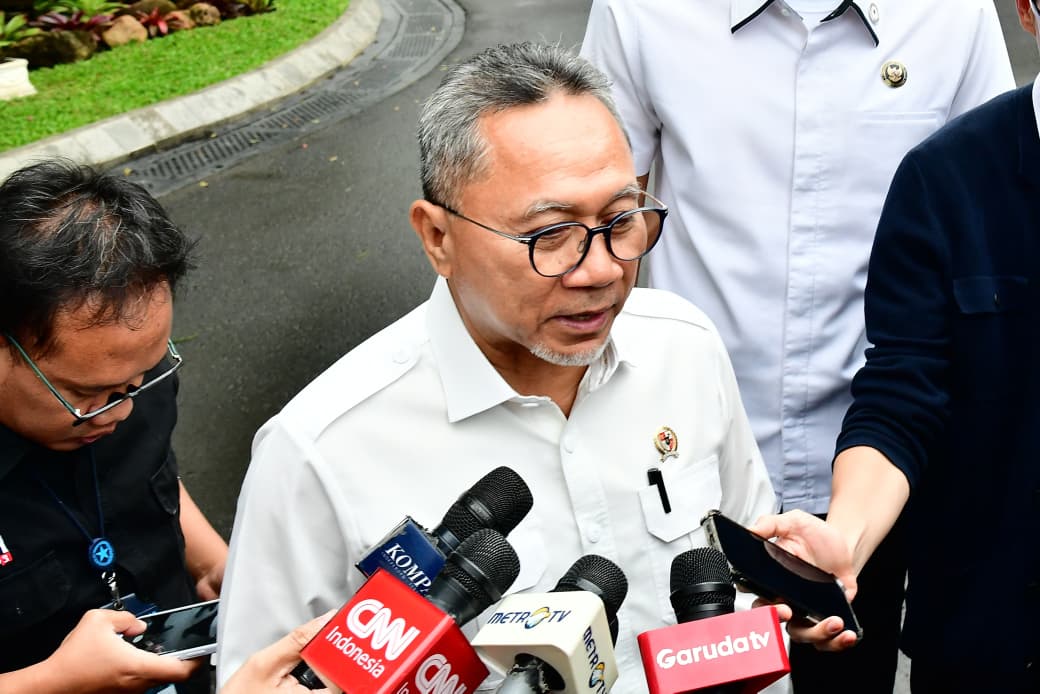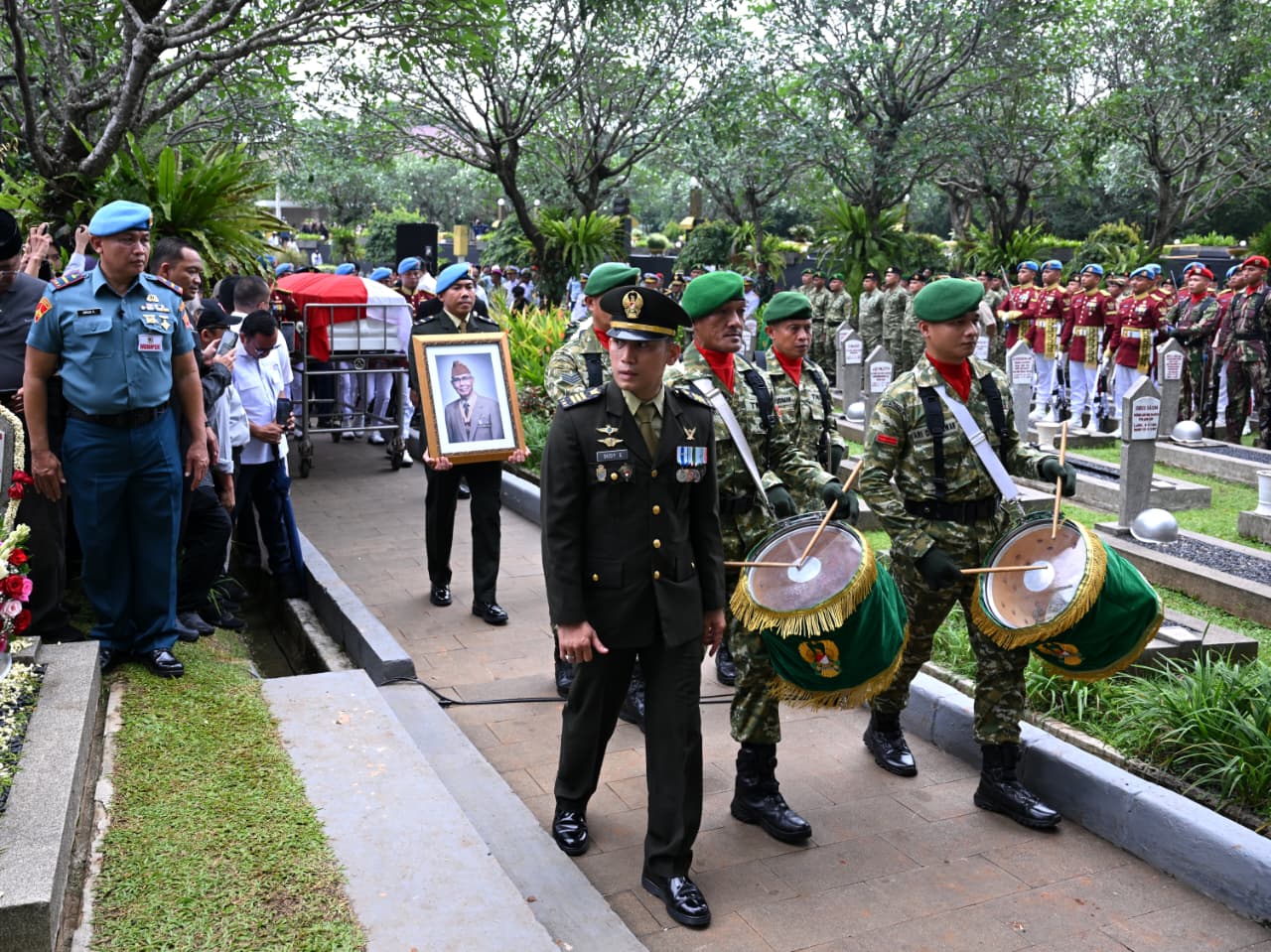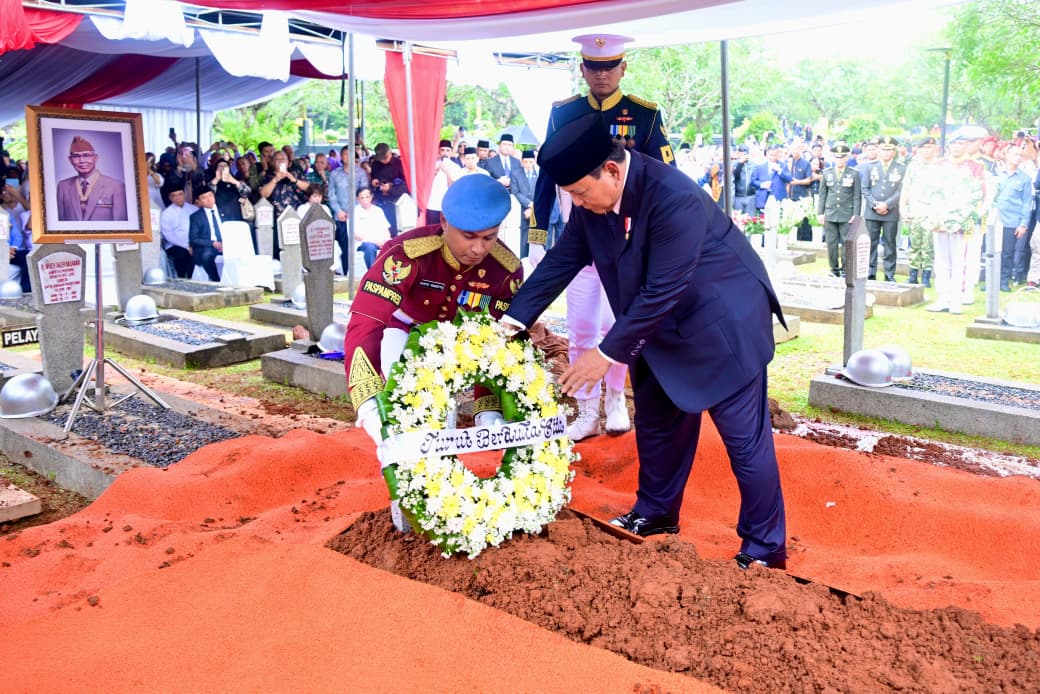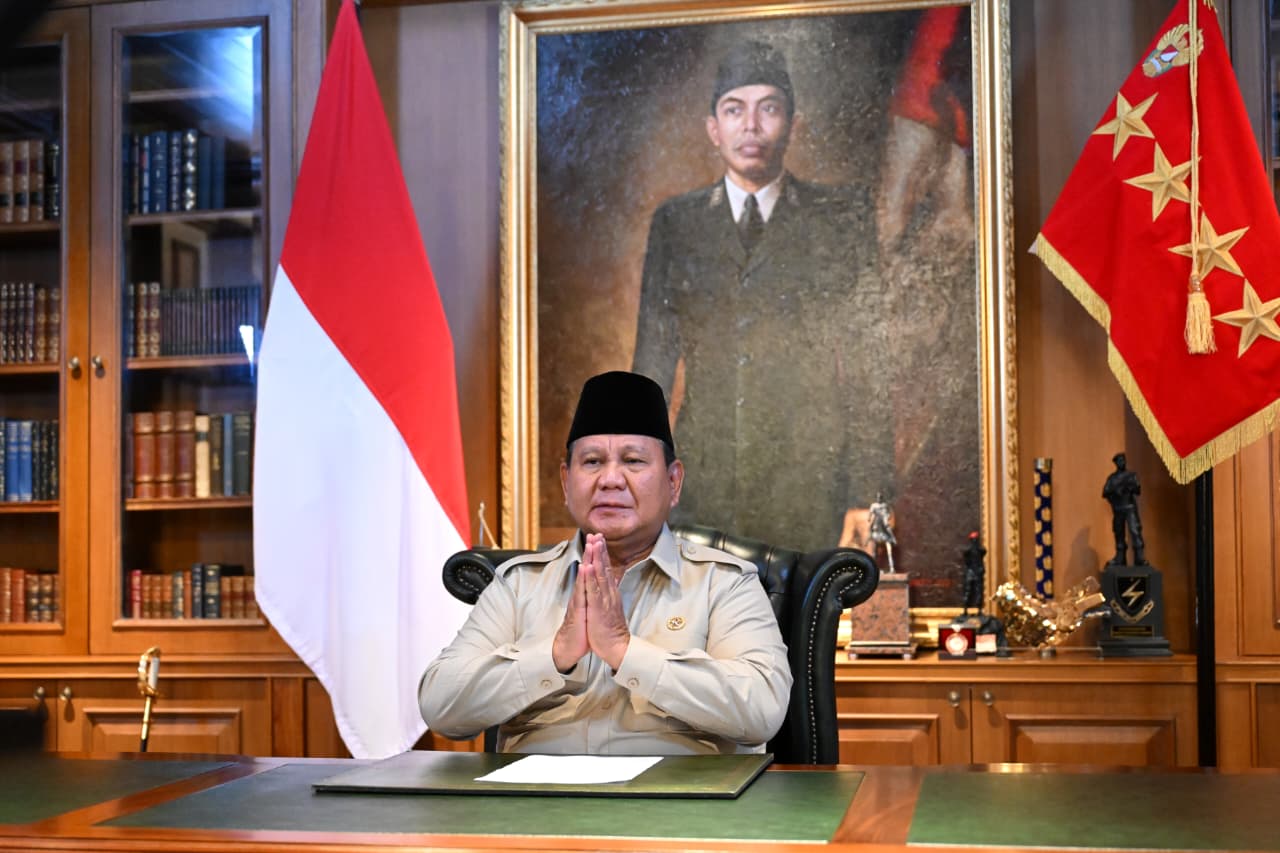Chief Economic Minister: COVID-19 Task Force, Second Booster Vaccination to Continue in Transition Period

Coordinating Minister for Economic Affairs Airlangga Hartarto (Photo by: PR of Cabinet Secretariat/Rahmat)
The Government renewed its commitment to promoting COVID-19 booster vaccination to boost herd immunity in the transition period following the revocation of public activity restrictions (PPKM) policy late last year.
“In this transition period, the COVID-19 Task Force remains active until the people show resilience. The Government continues to administer booster vaccine doses and the people can receive second booster dose for free,” Coordinating Minister for Economic Affairs Airlangga Hartarto said at the 2023 National Coordination Meeting on COVID-19 Handling and National Economic Recovery in Transition Period at AA Maramis Building in Jakarta, Thursday (01/26).
Airlangga also stated that Ministry of Health carries on monitoring COVID-19 development and other potential pandemics.
“We continue to monitor early warning indicator and early warning system, managed by Ministry of Health. Crisis management of pandemic protocols can be reinstated if a new issue occurs based on the recommendation of Ministry of Health,” he said, adding that the Government continues to improve resilience in facing various risks and global challenges that are getting harder to predict and calculate.
“Some of the measures we took are [passing] Law on Financial Sector Development and Reinforcement for a resilient financial sector, [issuing] Government Regulation in Lieu of Job Creation Law, and managing foreign exchange export proceeds. These measures aim to mitigate the risk of stagflation with legal certainty amid an uncertain situation. These are certainly meant to create growth, create jobs, and create financial and exchange value stability,” he said.
On that occasion, Airlangga also pointed out six lessons learnt from the COVID-19 pandemic that has impacted the world since 2020.
First, the gas and brake policy implemented to balance pandemic handling and economic recovery has been proven to be optimal in facing the pandemic.
“Under the control of the President, the gas and brake policy used to balance life and livelihood has been proven to be an optimal measure, better than the measures taken by other countries. This measure shows that we dare to take risks, but we are calculated,” Airlangga said.
Second, it is important to be flexible and accountable in budgeting to anticipate emergencies amid uncertainties.
Third, availability of accurate data is vital in devising policies.
“Fourth, coordination between the Central Government and regional governments. We have had meetings almost once a week and calibrated policies every two weeks for the past three years,” Airlangga said.
Fifth, it is important to utilize digital technology in facing various restrictions and simplifying service provision.
“Sixth, the pandemic has brought innovations, namely the Red and White vaccine that produced Inavac and IndoVac, which can be used within the country. And it certainly gave us the ability to face future pandemics as we managed to conduct research and production at home,” he remarked. (MAY/UN) (DH/MUR)








